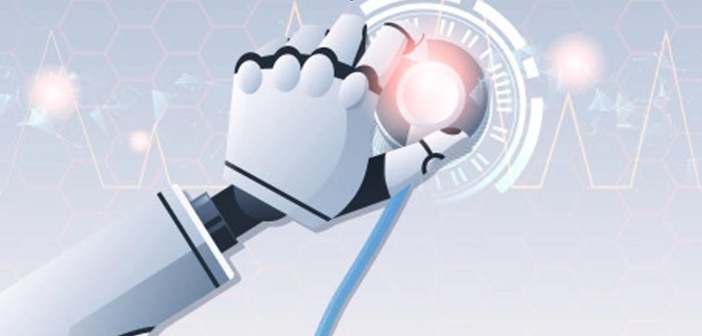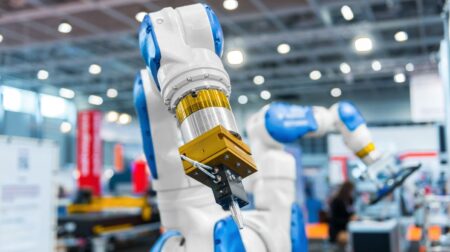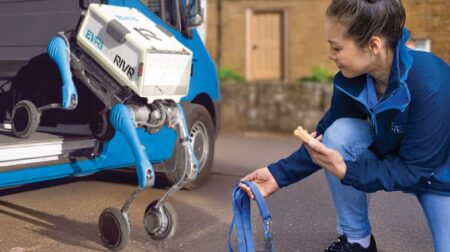A global study by the Institute of Electrical and Electronics Engineers (IEEE) has revealed differing geographic attitudes on children being treating by robot-doctors.
Generation AI 2020: Health, Wellness and Technology in a Post-COVID World surveyed 2,000 parents, 400 each in the UK, USA, India, China and Brazil, and found parents in China are most likely to allow robotic surgery on children, with 63% “very likely” compared to only 16% in the UK.
However, over half of parents in the UK surveyed said they would be “extremely” or “very comfortable” leaving children in the care of an AI-powered virtual nurse for tele-health and remote monitoring during a hospital stay.
Furthermore, speech recognition-powered ‘chatbots’, which can diagnose sick children, were popular with those surveyed. Some 64% said they would be extremely or very likely to converse online with a ‘chatbot’.
The report added that, in the future, online chatbots will be able to collect information, advise on certain conditions and forward cases to medical professionals, thereby creating virtual assistants with natural language processing, image recognition and machine learning techniques.
Antonio Espingardeiro, IEEE member, said: “This can influence the level of scalability and triage methods. In sum, doctors can reach the highest number of people and focus on the more important clinical scenarios.
“The most transformative aspect, will be all about the next generation of surgical robots and the use of AI in chatbots, this is the area where the added value is.
“In the case of surgical procedures robotics can be helpful for a medical professional, for problems such as reducing human tremor, to less invasive surgeries, which means less trauma for patients and faster recovery times.”
Espingardeiro also predicted that chatbots would be able to assist in diagnoses through machine-learning before referring patients to the most appropriate professionals, which “could mean less waiting times for clinical check-ups”.








